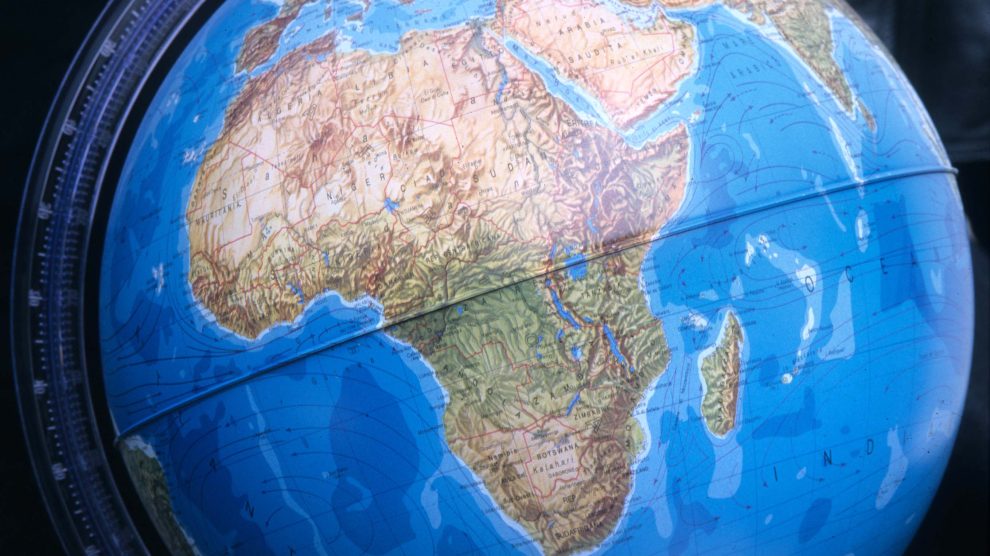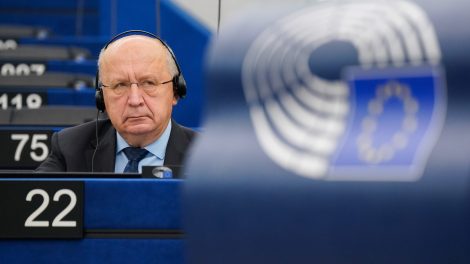Italy, the EU and Africa. “A common European vision is needed for the Southern flank, the Mediterranean, and the risks from Africa,” said Guido Crosetto, Italian Defence Minister, in an interview with the newspaper Quotidiano Nazionale. Italy “today has more space for interlocution and cooperation,” he added, stressing that Italy “has, over the years, related to the African continent differently than France.”
- “I believe the Italian approach is the best and most profitable for the EU because it is more respectful and attentive towards African populations. There is no future for Europe without a future for Africa. On this, we Italians must exercise a maieutic action on the EU. When discussing the Mattei Plan for Africa, we mean economic growth in which wealth is left in those countries and not brought back to the West.”
- Last month, Prime Minister Giorgia announced her intention to present a plan for Africa in October.
Focus on Global South. At the G7 summit in Hiroshima, Japan, PM Meloni highlighted the importance of the Global South. “The foundation of peace, civil coexistence, economic growth, and the reduction of inequalities, which should be one of the objectives of the G7, requires stability, and to achieve it, we must help countries where this stability does not exist,” explained Minister Crosetto.
- “We need to help the Global South grow without imposing democracy but ensuring that it grows at its own pace and through its own processes, guaranteeing stability. The evolution of those countries will eventually lead to their self-determination.”
Pragmatism in Tunisia. Prime Minister Meloni also criticized the “rigidity” of the International Monetary Fund in Tunisia. “We need a pragmatic approach because otherwise, we risk worsening situations that are already compromised,” she said.
- “I criticize the Western, bureaucratic perspective with which we approach much more significant issues,” commented Minister Crosetto. “Since Tunisia is not as quick as we would like in adjusting its models to ours, which is already an assumption, we are not helping them. By not doing so, we are placing Tunisia in the hands of China and Russia. The Western bureaucratic approach thus becomes their de facto ally. It is pure madness.”
- On Monday, EU ministers of Foreign Affairs met in Brussels. The Foreign Affairs Council touched on several current affairs, including Central Asia, Tunisia and the Organization for Security and Cooperation in Europe.
Security is more than the military. Minister Crosetto explained that military missions abroad could help with the stabilization process. “When there is a force that guarantees security and democratic institutions, it aids and promotes democratic growth,” he said.
- “However, it is not enough. Under the security umbrella of Italian, EU, or UN missions, NATO, there must also be growth in agriculture, healthcare, culture, education, and training. Security is not only created by armed forces but also through growth. If we leave and their wealth, education, healthcare, and culture have not improved, we will have achieved nothing.”





